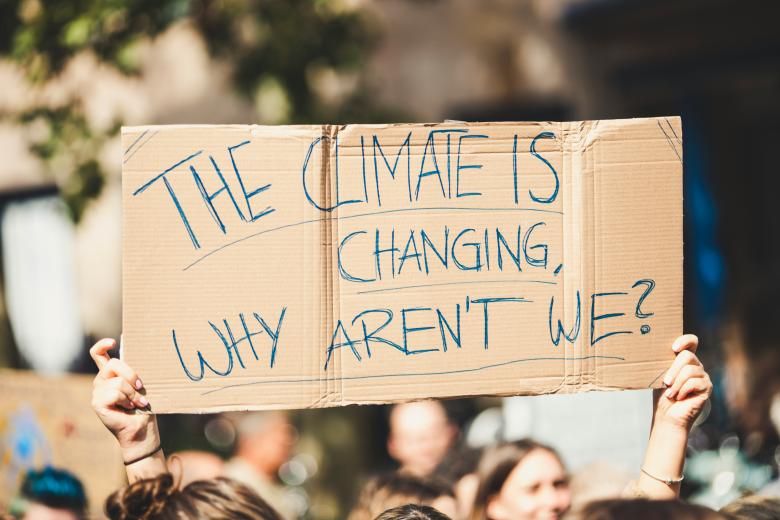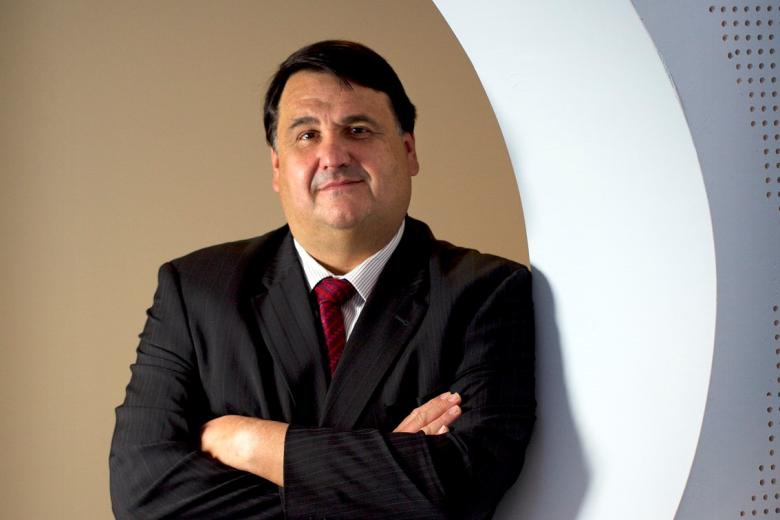Column
Recently, I received an offer to write a regular, five weekly column in Dagblad De Limburger. The newspaper was looking for a new group of columnists and thought I might be a suitable candidate. I don’t think this blog was the reason; a journalist who then came to interview me for an article in the paper just before my first column had apparently read little of my writings. He wanted to know my exact writing style, whether I was prone to tantalizing columns in which I would focus on tensions brewing in the region.
He was particularly interested in what he expected to be huge differences between Germans and the Dutch; according to him I would certainly also be able to fill many columns with this. I subtly let him know that there might be more similarities than differences between ‘us and them’, but he didn’t give up so quickly:
“The Germans are still gründlicher (more thorough), don’t you think?”
To which I replied, “You can just use the informal you (the Dutch je instead of u). I learned that in the Netherlands, among other things—Das Du anbieten (offer the informal ‘you’) is not such a formal thing as in Germany. There, you have a difference! But is this “Gründlichkeit” or the love of formalities?
“But the Dutch are still much more into discussions?”, he still tried a bit later.
OK, one of the differences I’ve experienced is that in Germany a discussion is followed by a decision, while in the Netherlands a decision is the beginning of a discussion. “But actually, I don’t really believe in a single German debate culture. In Berlin it’s very different from Cologne.”
What is it that fascinates journalists about differences and/or problems? Good news is no news. No problem—not interested. Is it only journalists who think that, or is it their audience (now), too? Maybe I should write a column about that. My first will be published on 4 October.
-
White Walkers, Red Lines: The IHL Case Against the Night King
Fictional battles have long served as a mirror for real-world anxieties about war, technology, and the limits of law. Season 8, Episode 3 of Game of Thrones, “The Long Night,” provides an opportunity to test the boundaries of international humanitarian law (IHL) by confronting its most fundamental...

-
The Obligations of States in Respect of Climate Change – A Landmark Opinion of Urgency and Hope
On 23 July 2025, the International Court of Justice (ICJ) handed down its much anticipated Advisory Opinion on the Obligations of States in respect of Climate Change. This case represents the highest example of climate litigation to date, with the Court joining numerous other international courts...

-
The way to Geneva and INC-5.2 after the IACtHR Advisory Opinion on the Climate Emergency and Human Rights
How might the IACtHR Advisory Opinion on climate emergency and human rights reshape the Plastics Treaty negotiations?

